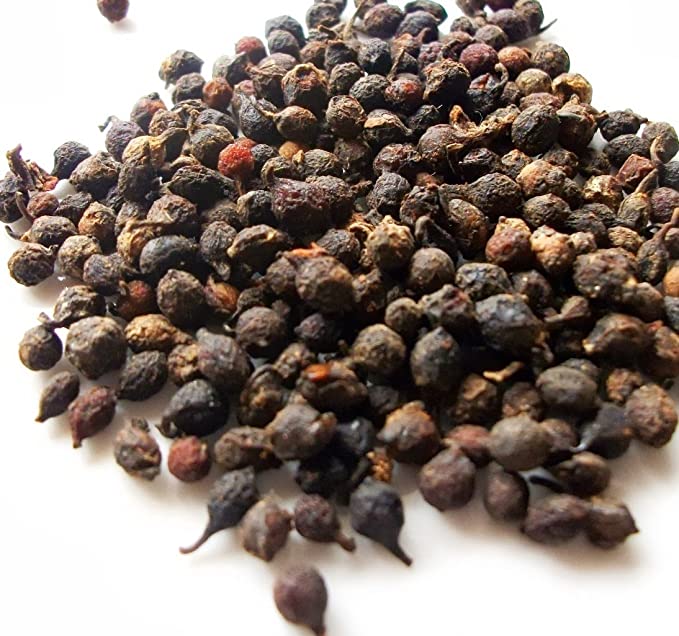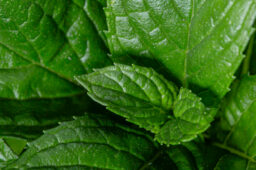
UZIZA AND WEIGHT LOSS
- December 11, 2022
- by
- Khyra
‘If you don’t do what’s best for your body, you are the one who comes up on the short end ‘-Julius Erving
Uziza as it is called by the Igbo’s, is a plant known by its botanical name as Piper guineense. For the Yoruba’s it’s called Ata iyere. Calling it a name other than its botanical name or tribal reference, it’s also known as the West African Black Pepper, Ashanti pepper. Uziza spice is used often by most tribes in Nigeria to cook soups like ofensala (white soup) particular to the Igbo’s and also afiaefere which is an Efik soup, and it is also used in pepper soup.
Uziza is used in two parts: the seed and the leaves.
The leaves have a hot spicy taste in foods with a pale green color when fresh. It can as well be dried, or grounded and dried. Asides from making a name for itself in the culinary world, uziza is also known for its medicinal properties. It is a rich source of tannins, dietary fibre, protein, alkaloids, glycosides, steroids, flavonoids, essential oils, tannins, saponins, phenols, peptides. The leaves have large percentages of beta-caryophyllene, an anti-inflammatory agent.
Uziza leaves and seeds are often being used in unorthodox ways to treat infertility affiliated with its remedial and healthy uses. The fresh leaves of uziza are boiled and taken as a tea to consume its benefits.
In making some other types of soups, uziza seed or leaf is also used. Uziza is known for its distinct taste and aroma in cooking. Uziza is a promising source of roughages that assist in lessening stomach pains and menstrual spasms. It enables an individual with bowel movements issues to find relief due to its high dietary fibre. It also alleviates constipation problems.
UZIZA BENEFITS FOR WEIGHT LOSS
A growing argument among researchers is the significance of the active ingredients in Uziza seed in weight loss. Evidence of belly-fat reduction regimen processed in the form of soup for weaning mothers in west Africa reveal that that Uziza is an important constituent of the soup. In addition to Ehuru, Uda and aju mbaise forms a wonderful soup taken twice a day to reduce post-pregnancy fat by women. The seeds are rich in antioxidants, which may increase the body’s capacity against oxidative stress by combating obesogens. However, the scientific evidence for the mechanisms involved in this process is not properly elucidated for now, though evidence of the results are agelong as the African tradition.







